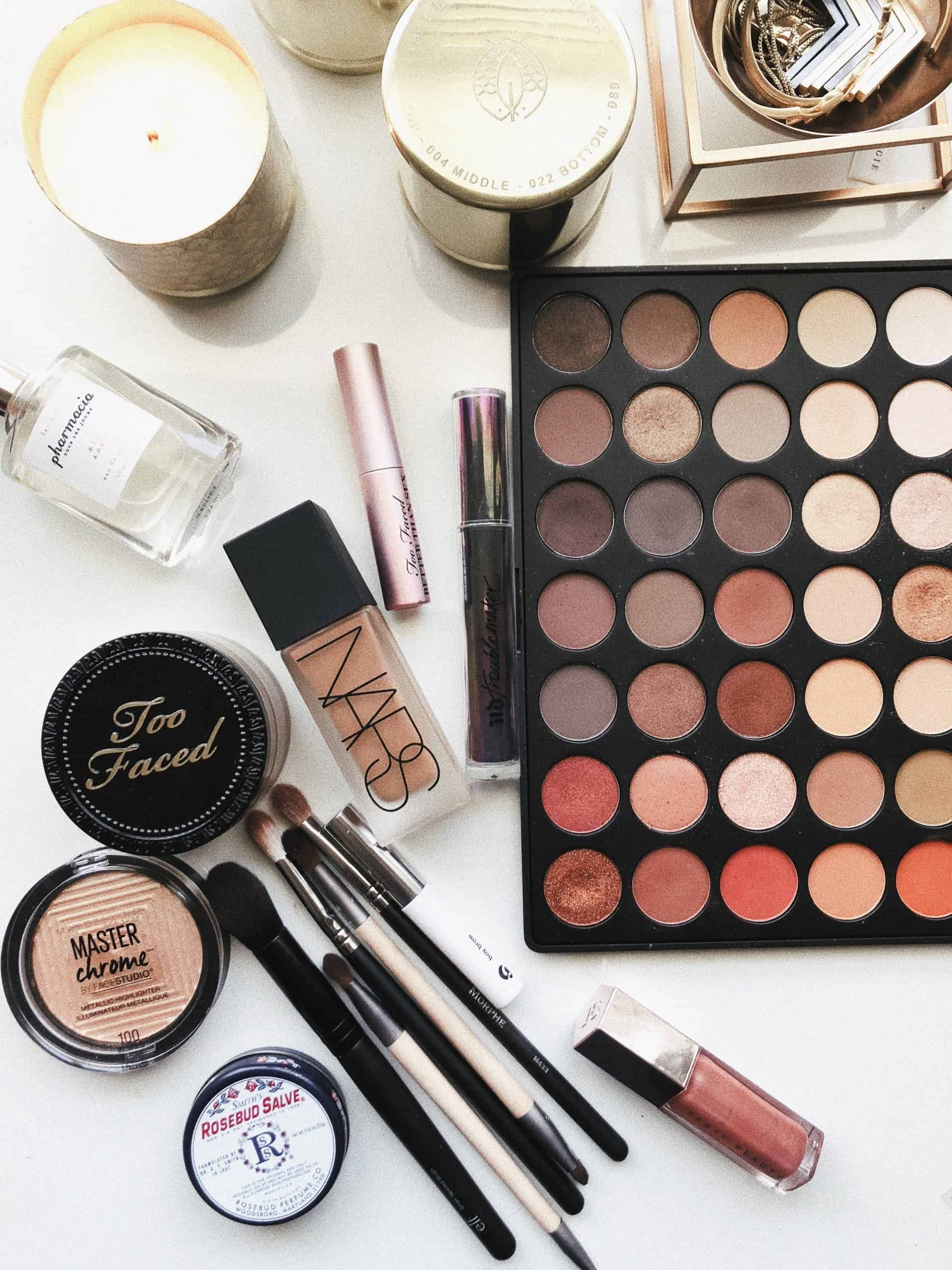
Ads help us keep this site online
It is estimated that £10.4 billion is spent on personal care and maintenance beauty products in the UK each year, however much of the population are unaware of what goes into these skin products and what affects these can have on the skin. Petrochemicals, liquid plastics, synthetic fragrances and water make up much of the skincare products found on the high street and may lead to skin issues.
Some common ingredients found in skin care products include parabens, which studies have shown can disrupt the bodies hormones, can cause eczema and in severe cases life threatening allergic reactions. Formaldehydes have been acknowledged to be a probable carcinogen and can also cause skin irritation, whilst Sodium lauryl sulphates can cause irritation to the eyes, skin and lungs, and has been linked to cancers in testing on laboratory animals. All of these products supposed to help keep skin healthy, have been linked to skin irritation.
Skin health has been especially affected during lockdown, with increased anxiety and stress leading to a number of skin issues including skin irritation and rashes, eczema and psoriasis. Government figures revealed that 37% of Brits reported high feelings of anxiety during lockdown- a marked increase from the end of 2019. This may have led to more Brits experiencing skin irritations and issues. There has been a 18% increase in moisturiser sales during lockdown, 134% increase in Retinol sales and a 35% increase in facemask sales suggesting more focus on skincare during this time. Adversely, however, the skincare products people have used to try and improve skin health may have been doing more harm than good.
Aston spoke to Susie Bridgeman-Sutton, founder of ThunderBird Skin to discuss about the research in further detail.
Photo by Jazmin Quaynor on Unsplash
